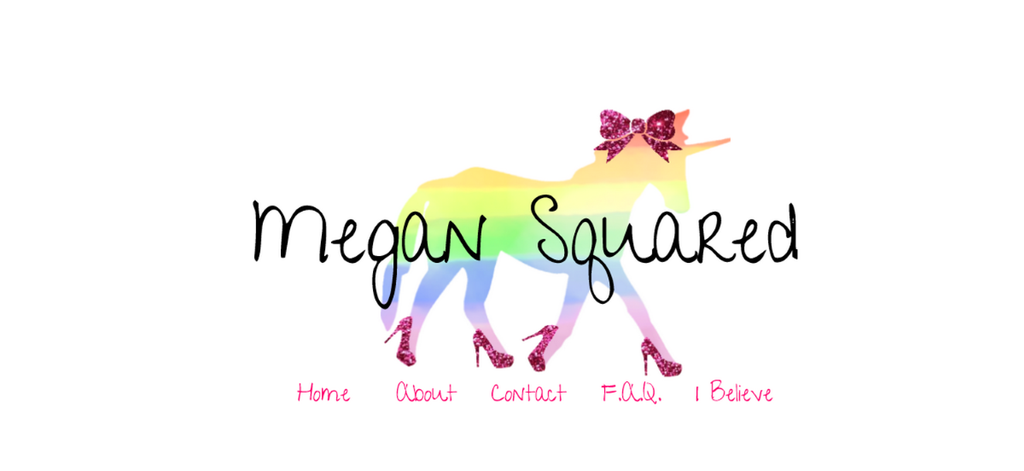Spelling
Spelling is difficult because it involves letters, and some letters exist only to ruin your life. The letter "P," for example, is a jerk. If it is paired with the letter "H," it sounds like an "F." If it is paired with the letter "S," it sounds like...well, like an "S." When paired with other letters, like, say, the letter "R," "P" pretends to be all innocent and crap and does exactly what it's supposed to. It is false and deceitful. "P" is such a jerk, and it never responds to my emails. Jerk.
"P" also looks a lot like the number 9, which poses difficulty for young children who happen to have fairly common first names and also have last names which start with the letter P, because maybe a certain young child is just trying to learn to differentiate between numbers and letters and the teacher hands back corrected papers to the class and loudly calls out "Megan 9? Who is Megan 9? We don't USE numbers in our NAMES, MEGAN!!" and then the poor child gets all embarrassed and remembers it to this very day and....
What? Where am I?
Anyway. The letter P. It sucks. In order to help you remember this, I've created the following illustration:
The concept to grasp here: the letter "P" is evil.
Here are some helpful tips when you're trying to spell things:
1. Don't spell in Spanish.
2. Spell in English.
3. When in doubt, just mouth the word "Watermelon." That's a tip I learned from my fourth grade choir class.
4. If you don't remember how to spell a word, write "Watermelon" and then make it look like the word you are supposed to be spelling.
5. Pants inhibit blood flow to the brain. Don't wear them to class.
6. Only use letters that appear in the alphabet. If you cannot remember which letters are in the alphabet, make up your own letters because you are likely to be right at least some of the time.
The most important thing to remember when spelling is to believe in yourself. When you have confidence in the magical power of your inner self or whatever, you cannot fail! Try your best, kiddo. And don't forget, there's no "P" in the phrase "Good speller."
Grammar
Grammar is like the crappy math of the English world. Grammar makes you think about things like fragments, comma splices, tense shifts, and subject-verb agreement. All this stuff kind of sucks. They really aren't as hard as they sound though:
Seriously.
If you want to be a grammar wizard, there are a few things you must always do.
First, whenever you grasp a rule of grammar, cling to it like it's the holy grail of rules. Whenever anyone misuses this rule or blatantly ignores it, consider it your divine calling to correct them immediately and succinctly. Always be sure to act condescending and patronizing, because otherwise they just won't learn. It's a fact.
Second, ignore any and all changes in the structure of the English language. For example, it is now grammatically correct to use only one space after a period. This is a ridiculous rule. I grew up my whole life typing TWO SPACES. It is the only correct way. I will forever hold to what I know to be true. I will also stubbornly insist on keeping all my VHS tapes and reading books that are made of paper. In ten years no one will like me, but I will be so right. It's worth it. Keep your fancy high-definition space laser discs and your magical "e-readers."
Third, if you don't know a rule of grammar, just pretend like you do. When your friend shakes his head and says "It always bothers me when I see a 'ten items or less' checkout station. It's so incorrect," you must respond quickly, otherwise everyone you know and love will hate you forever for your ignorance. Also, kittens will explode.
Below are some statements I've created that are suitable for any situation, and are definitely applicable when you don't know the rules of grammar. Simply respond by saying:
"That was overturned at the Geneva Convention."
"That's so racist."
"I'm good at grammar."
"I love orphans."
"My whole family is dying of an incurable disease."
"Velociraptor overlords will soon be arriving from the past to take over, so it really doesn't matter."
Words
Words are just letters mushed up together to create sounds which are attached to meanings. It is all very complicated. If you have enough words together, and they all make sense in context with each other, you will have a sentence. But let's not get too far ahead of ourselves.
These are words:
Hello
Dinosaur
Applesauce
Onomatopoeia
Dyslexia
Tophat
Cannon
Cake
Genocide
Feelings
These are not words:
OMG
LOL/LULZ/LOLZ
WAT!!~?
Fantasterific
wkopghowabhpwioe
No
When in doubt, refer to this handy list. It's basically comprehensive.
Sentences
Sentences can lead to paragraphs,which in turn can lead to pointless essays (which you will inevitably encounter in your education), so it's important to know what a sentence is and how to use it.
A sentence looks like this:
The meth lab exploded into a million particles of chemical-doused rubble.
A sentence does not look like this:
Commas
I, don't know how, to use commas. ,,,,
Now go earn that A!










